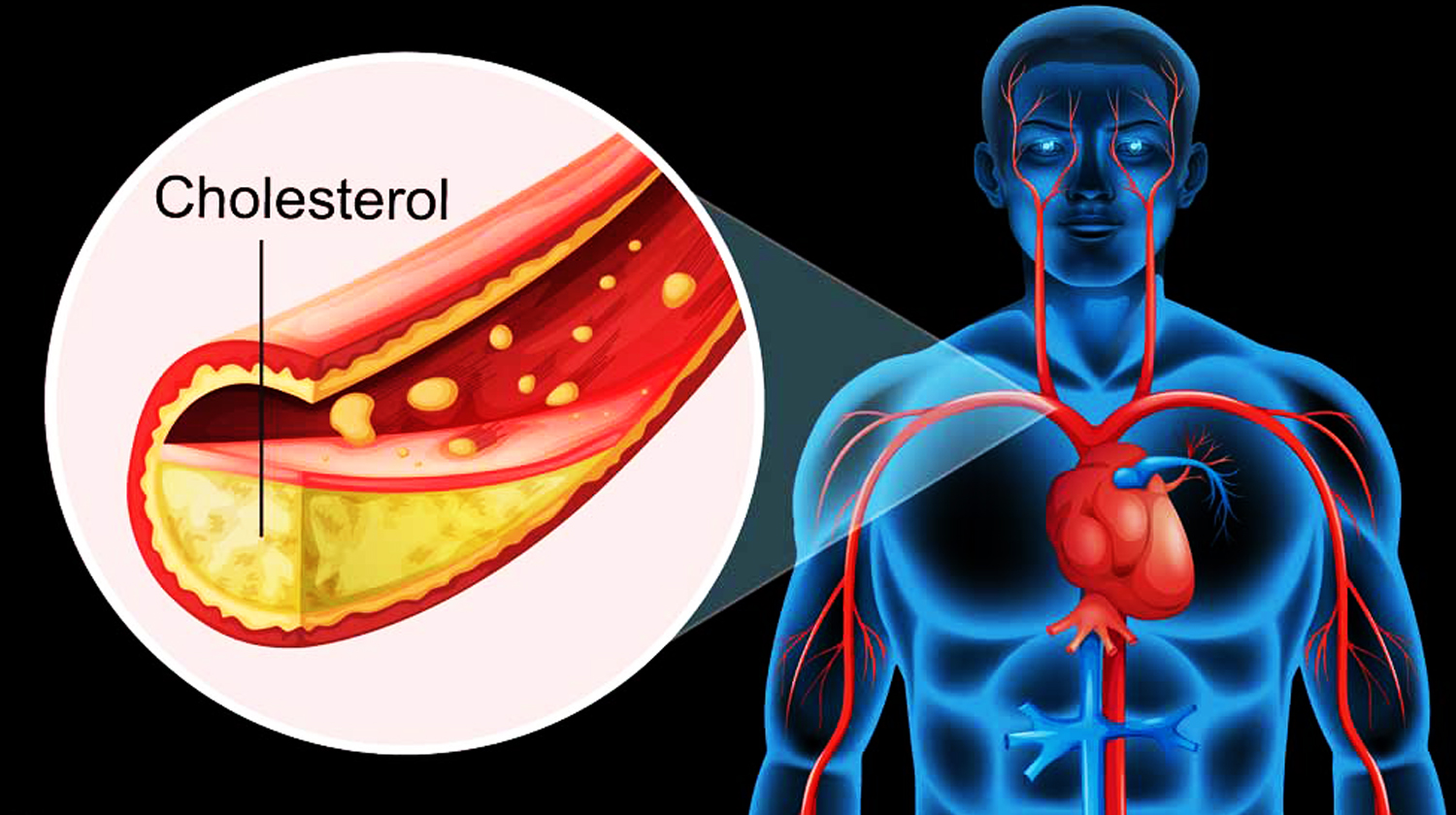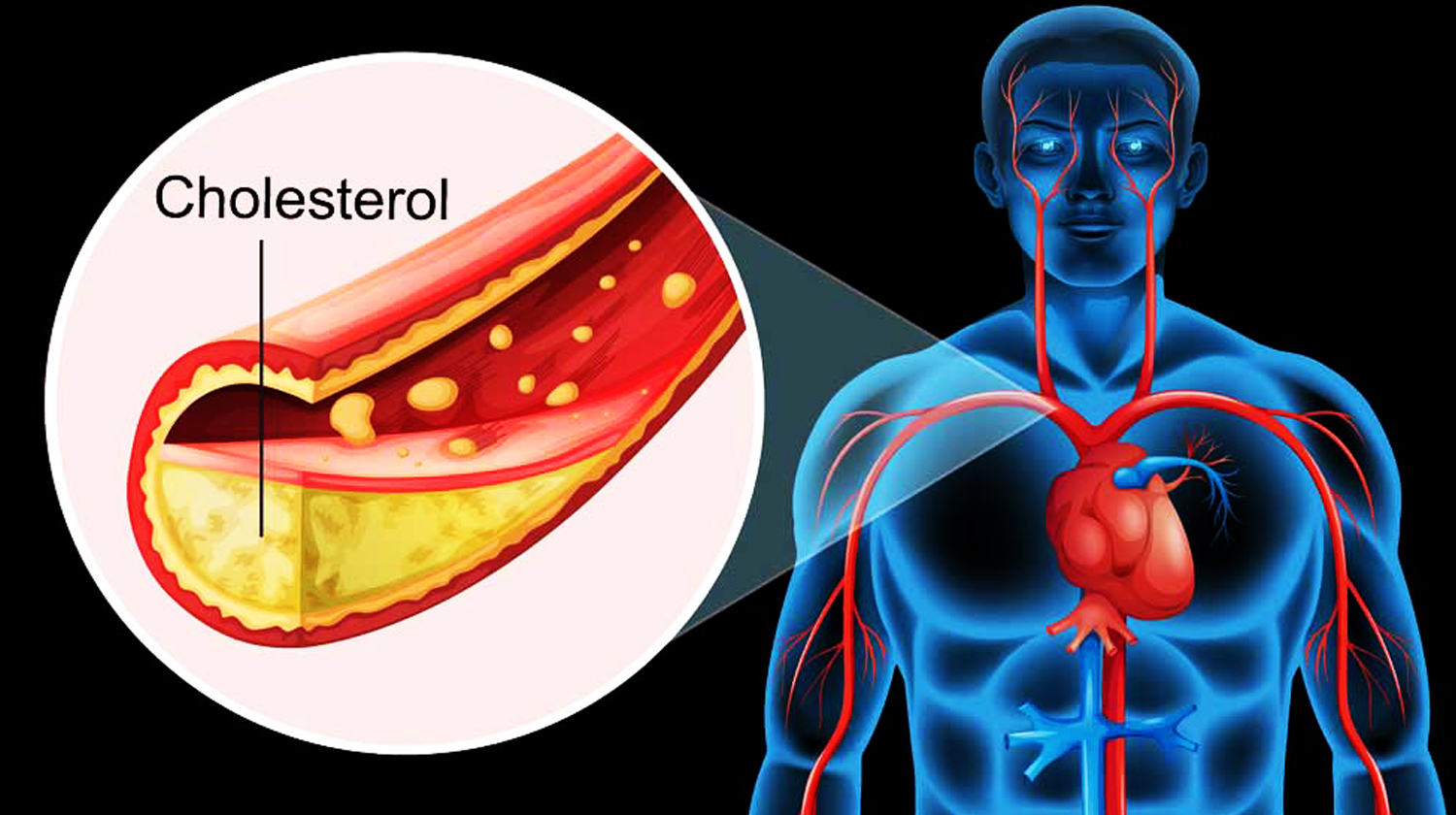Six Things You Need To Know About Cholesterol

 Six Things You Need To Know About Cholesterol
Six Things You Need To Know About Cholesterol
Cholesterol is a source of widespread confusion. For many years, it was considered the primary cause of heart attacks, then the focus shifted to other factors. So what do you really need to know to live a long and healthy life?
Here are six facts about cholesterol that may surprise you
.
 1. Cholesterol isn’t necessarily bad.
1. Cholesterol isn’t necessarily bad.
Cholesterol tends to get a bad rap in the media, but cholesterol is actually a completely natural substance present in every cell of the body. It is necessary for your body to create everything from hormones to membranes. The important thing is that cholesterol levels remain within an acceptable range.
2. Cholesterol levels increase with age.
As people age, cholesterol levels increase. Scientists theorize the phenomenon may be associated with fluctuating estrogen levels, as women have less cholesterol than men when younger, and more at menopause.
3. Don’t trust labels that read “cholesterol-free.”
Many of the products that are marketed as beneficial may in fact raise your cholesterol level. Trans fats, dairy fats, and saturated fats actually turn into cholesterol when they are ingested. If a product lowers cholesterol by raising the level of fats, it is not good for you.
 4. High cholesterol doesn’t always equal heart disease.
4. High cholesterol doesn’t always equal heart disease.
Higher than recommended levels of cholesterol do not always cause cardiovascular disease. Genetics are an important factor in development of heart problems, as well as age, gender, diet and overall fitness. To be safe, check in with your doctor at least every five years.
5. You may or may not need to fast prior to having your cholesterol tested.
Experts differ as to whether or not you should fast before having a cholesterol test. Some say fasting will provide a false indication of your actual health, while others believe fasting provides the most accurate reading. Ask your own doctor his or her preference.
6. High cholesterol is frequently a symptom of other health problems.
If blood tests indicate your cholesterol is high, don’t just think in terms of diet or medication to lower it. Be aware elevated cholesterol levels can be a sign of inflammation in the body. Talk to your doctor to get the whole picture.
– Cardiovascular Health



